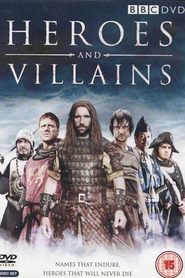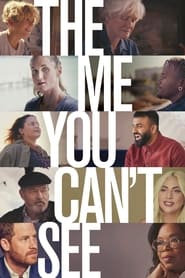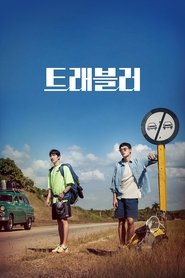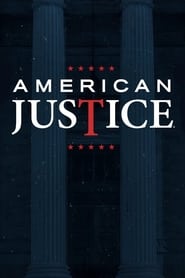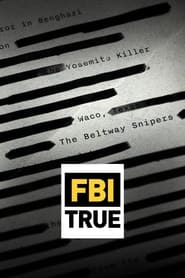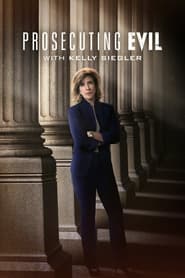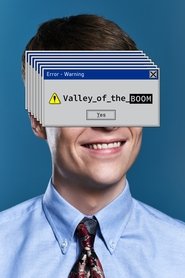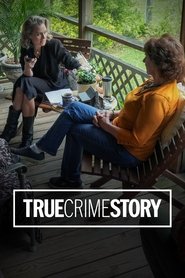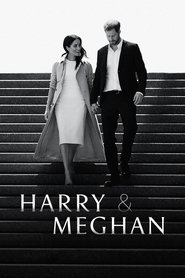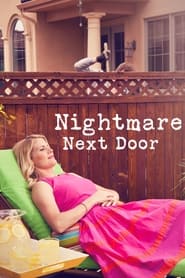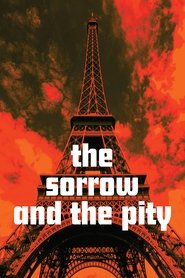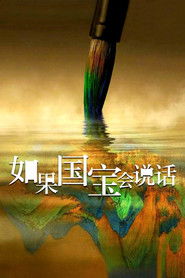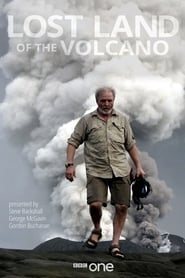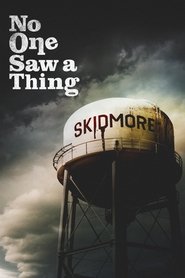Popular Documentary TV Series - Page 44
-
Heroes and Villains
2007
Heroes and Villains
2007
star 7Heroes and Villains was a 2007-2008 BBC Television docudrama series looking at key moments in the lives and reputations of some of the greatest warriors of history. Each hour long episode featured a different historical figure, including Napoleon I of France, Attila the Hun, Spartacus, Hernán Cortés, Richard I of England, and Tokugawa Ieyasu. The statements at the beginning of each episode read: "This film depicts real events and real characters. It is based on the accounts of writers of the time. It has been written with the advice of modern historians." In the United States the show is aired on The Military Channel and was called "Warriors". -
RoboDoc: The Creation of RoboCop
2023
star 7.7An in-depth look into the ground breaking franchise and features new interviews with cast and crew. -
Trainwreck: Storm Area 51
2025
star 6.1A viral joke about storming a secretive US Air Force base sparks a meme-fueled media frenzy and puts the military on alert in this bizarre true story. -
Sneaker Wars: Adidas V. Puma
2025
star 7.7Through unprecedented access to both companies, uncover the tale of two feuding brothers, Adi and Rudi Dassler, whose multi-decade rivalry and competition helped shape the modern sportswear industry. -
The Me You Can't See
2021
The Me You Can't See
2021
star 6.3Oprah Winfrey and Prince Harry join forces to guide honest discussions about mental health. -
Traveler
2019
Traveler
2019
star 8.2Two men go backpacking to Cuba, the country full of their unique charms. For two weeks, they enjoy Che Guevara’s revolution of freedom, the exciting melody of Buena Vista Social Club, splendid old cars, and refreshment from Mojito. They find lodging by walking around, think about places to eat, sleep, and what to wear. Bargaining happens everywhere. They throw themselves into the unpredictable moments. Here are the two confused tourists with a backpack. Their travel starts now. -
Punk
2019
Punk
2019
star 7.8Featuring original interviews with America’s punk pioneers and the U.K.’s most notorious bands, alongside a seamless blend of rare and unseen photos, gritty archival film and video, a crackling soundtrack of punk hits and misses, this documentary series explores the music, the fashion, the art and the DIY attitude of a subculture of self-described misfits and outcasts. -
American Justice
1992
American Justice
1992
star 7.4Hosted by Bill Kurtis, American Justice looks at groundbreaking criminal cases, presenting viewers with an inside look at the case through the eyes of those directly involved, ranging from law enforcement officers to the victims. -
Enigma
2001
Enigma
2001
star 2Anthology series based on true crime stories that usually are unsolved mysteries. Intertwining dramatizations and real interviews with the victims and witnesses. -
FBI TRUE
2023
FBI TRUE
2023
star 6.9A real-life look into FBI agents’ high-pressure world with never-before-seen surveillance video, interrogations with hostage takers and terrorists, and personal photos from the agents’ collections. -
Prosecuting Evil with Kelly Siegler
2023
star 1A true-crime series examining the most shocking murder investigations and toughest trials in Texas history - all told with Kelly's unique insight and unparalleled access. As Chief of Special Crimes in the busiest courthouse in the Lone Star state, Kelly Siegler battled to get killers into courtrooms to face their formidable defense attorneys. With her own firsthand accounts, alongside investigators and victims' families, Kelly reveals what really happened beyond the newspaper headlines to bring Texas-style justice. -
Valley of the Boom
2019
Valley of the Boom
2019
star 5.9An adrenaline-fueled ride through the culture of speculation, innovation and disruption during Silicon Valley’s unprecedented tech boom and subsequent bust in the 1990s. This mostly scripted series weaves in select documentary elements that help tell the true inside story of the internet’s formative years. -
True Crime Story
2021
True Crime Story
2021
star 6.8This franchise is made up of series that tell a wide variety of true crime stories from unique perspectives. Each will shine a new light on crime and the genre, focusing on fresh and unexpected stories from unlikely, and much-needed voices. -
Harry & Meghan
2022
Harry & Meghan
2022
star 5.9From their courtship to their exit from royal life, Harry and Meghan share their complex journey in their own words in this docuseries. -
Nightmare Next Door
2011
Nightmare Next Door
2011
star 7.2The tales of mysterious murders that rocked small-town America. Each hour brings you a new murder mystery and a new look into the evil that can lurk in the heart and soul of a tight-knit community. Interviews with investigators, prosecutors, family members and neighbors piece together the twisting tale of a classic whodunit. -
The Sorrow and the Pity
1969
star 7.6An investigation into the nature, details and reasons for the collaboration, from 1940 to 1944, during World War II, between the Vichy regime, established in the south of France and headed by Marshal Pétain, and Nazi Germany. -
American Manhunt: O.J. Simpson
2025
star 7.2The white Bronco. The gloves. The trial of the century. This documentary series investigates the shocking murder case that became a cultural phenomenon. -
Every Treasure Tells a Story
2018
star 8"Every Treasure Tells a Story" has a total of 100 episodes, divided into four seasons. To shoot this documentary, the film crew traveled all over the country, filming nearly a hundred museums and archaeological institutes and more than 50 archaeological sites. -
Lost Land of the Volcano
2009
star 7.5An international team of scientists, cavers and wildlife filmmakers venture deep into the heart of the remote tropical island of New Guinea. -
No One Saw a Thing
2019
No One Saw a Thing
2019
star 6.7A six-part, true crime docuseries about a mysterious murder of Ken Rex McElro that took place in the ‘80s with at least 60 witnesses present, all of whom deny seeing anything.
 Netflix
Netflix
 Amazon Prime Video
Amazon Prime Video
 Apple iTunes
Apple iTunes
 Apple TV Plus
Apple TV Plus
 Disney Plus
Disney Plus
 Google Play Movies
Google Play Movies
 Paramount Plus
Paramount Plus
 Hulu
Hulu
 HBO Max
HBO Max
 YouTube
YouTube
 fuboTV
fuboTV
 Peacock
Peacock
 Peacock Premium
Peacock Premium
 Amazon Video
Amazon Video
 The Roku Channel
The Roku Channel
 AMC+
AMC+
 Kocowa
Kocowa
 Hoopla
Hoopla
 The CW
The CW
 Vudu
Vudu
 Starz
Starz
 Showtime
Showtime
 PBS
PBS
 Pantaflix
Pantaflix
 FXNow
FXNow
 Tubi TV
Tubi TV
 Kanopy
Kanopy
 Comedy Central
Comedy Central
 Crunchyroll
Crunchyroll
 Microsoft Store
Microsoft Store
 Redbox
Redbox
 Sun Nxt
Sun Nxt
 ABC
ABC
 DIRECTV
DIRECTV
 Crackle
Crackle
 Fandor
Fandor
 Plex
Plex
